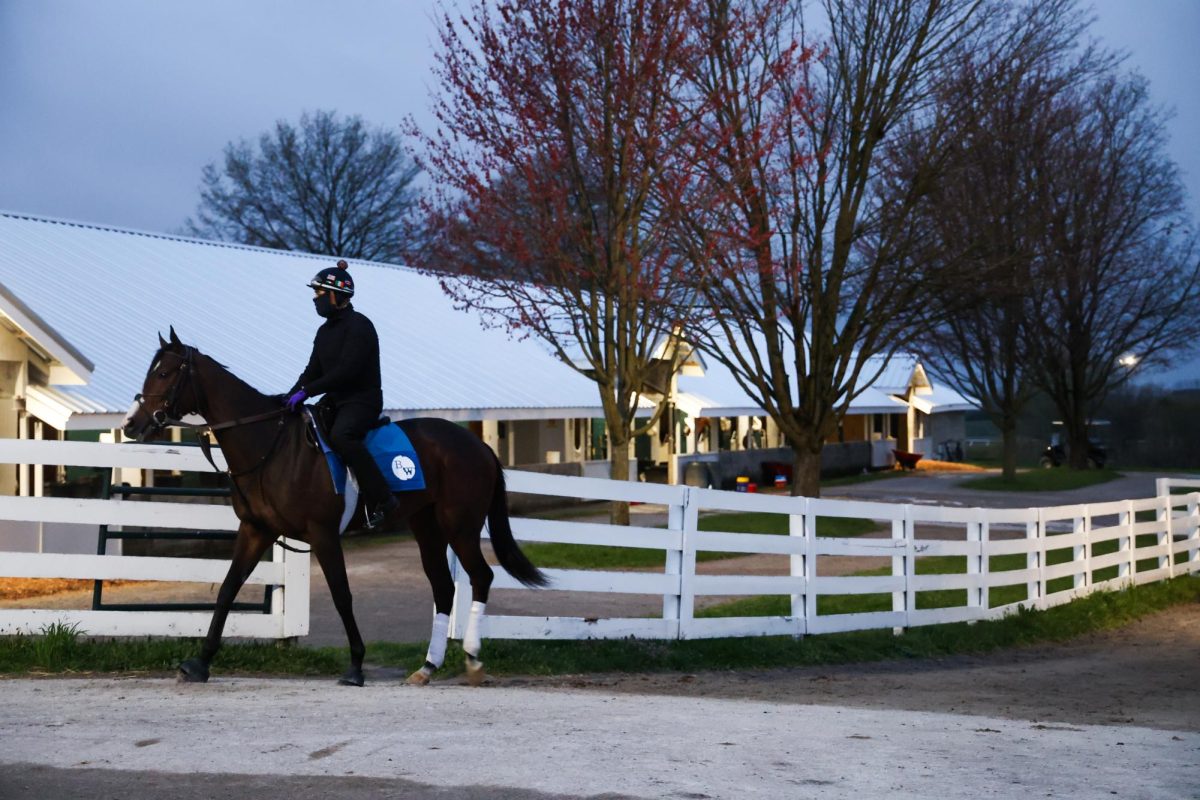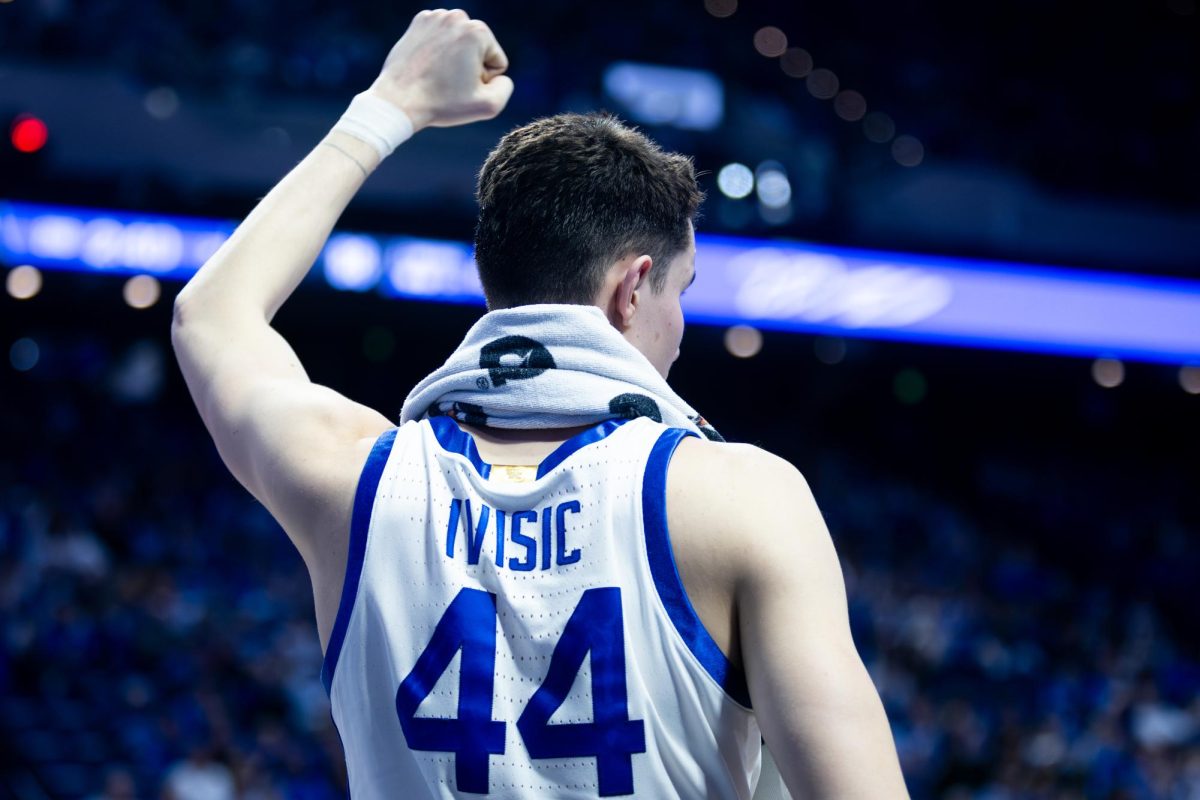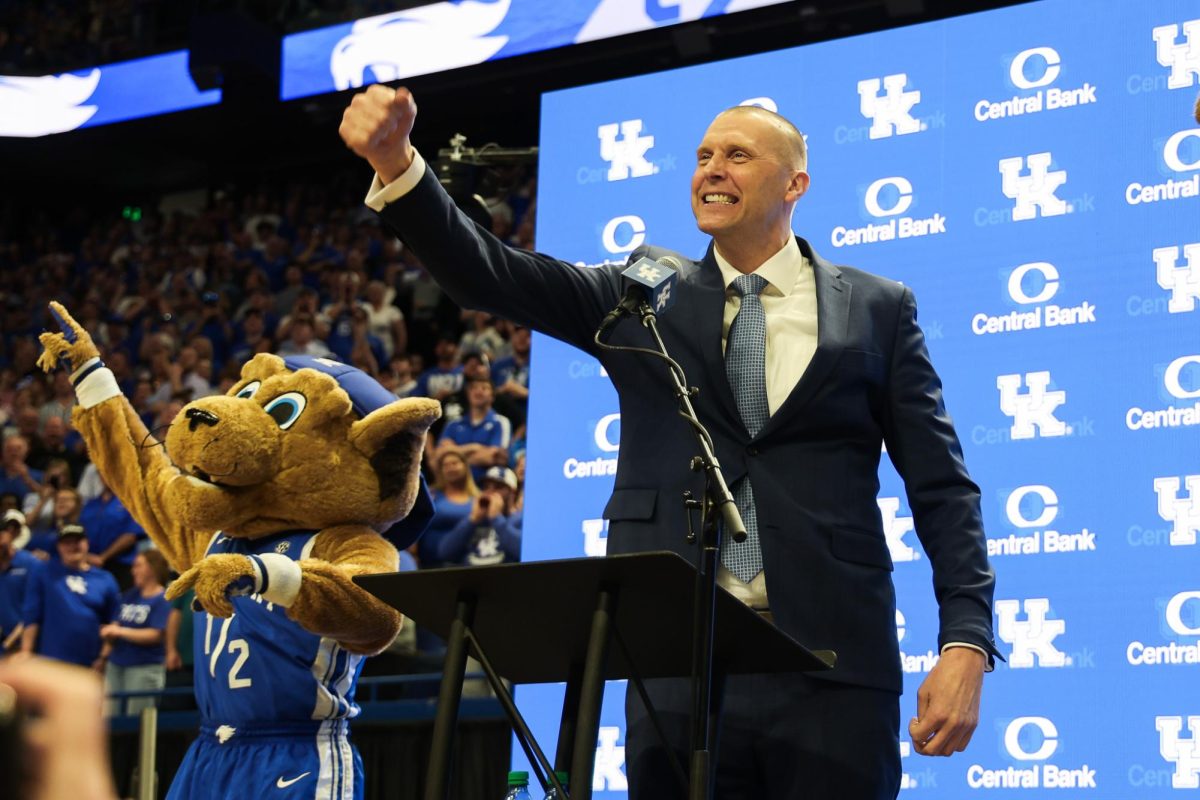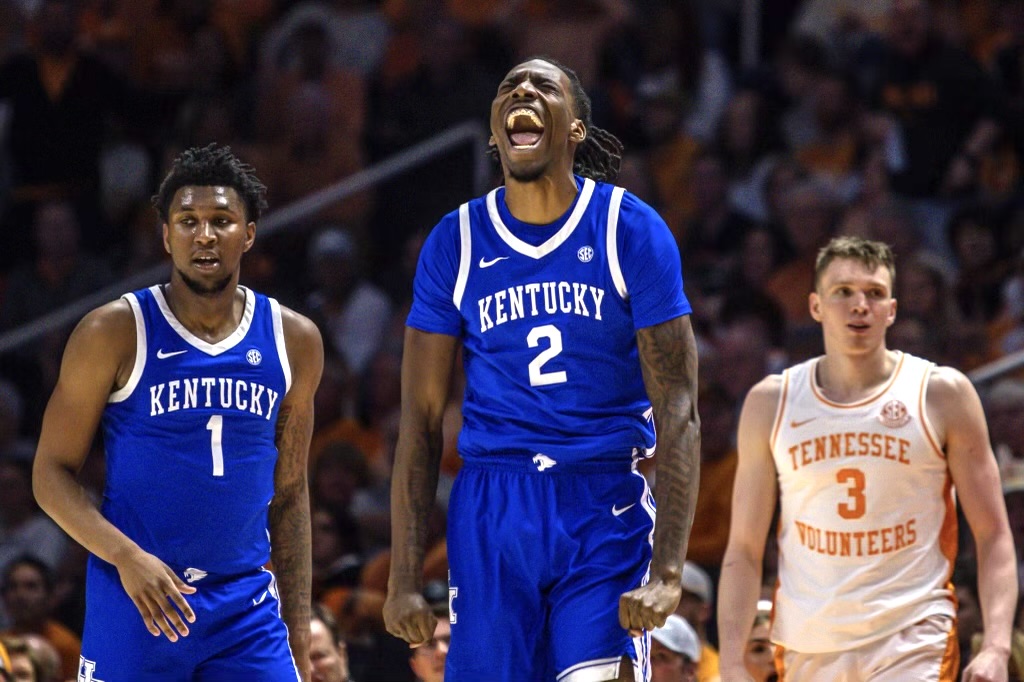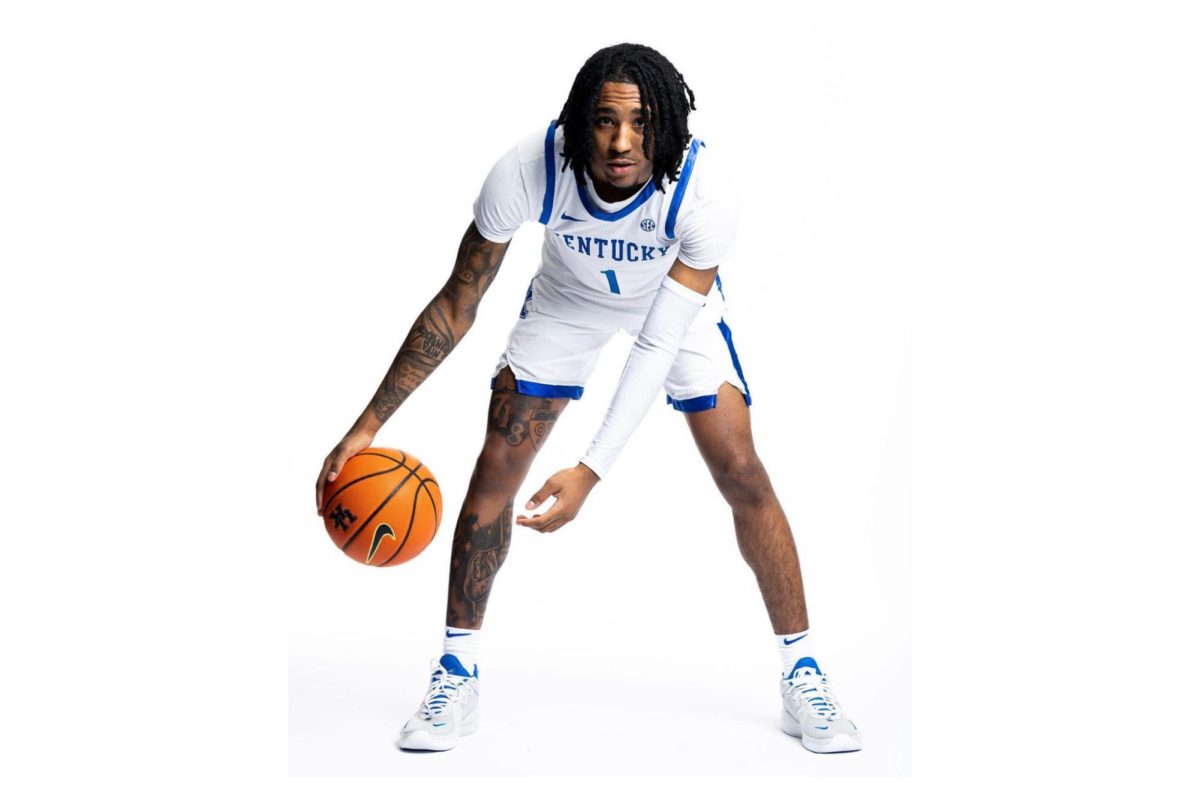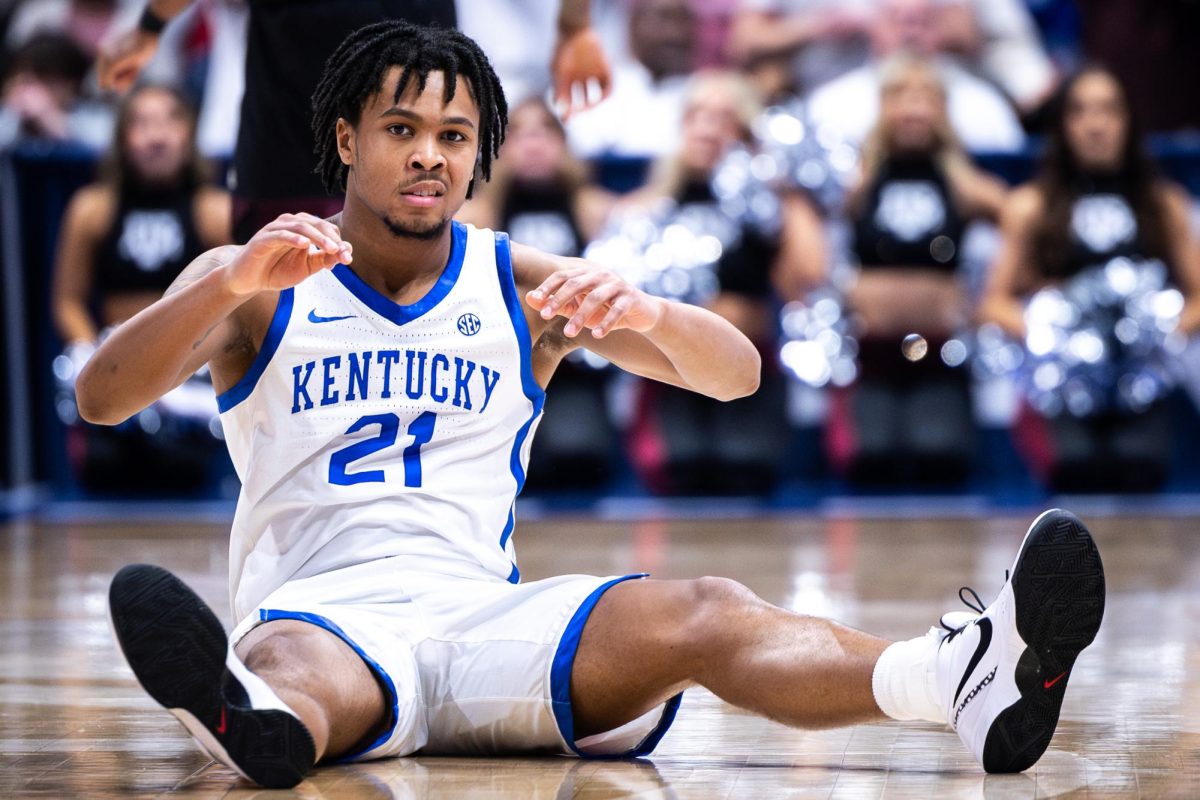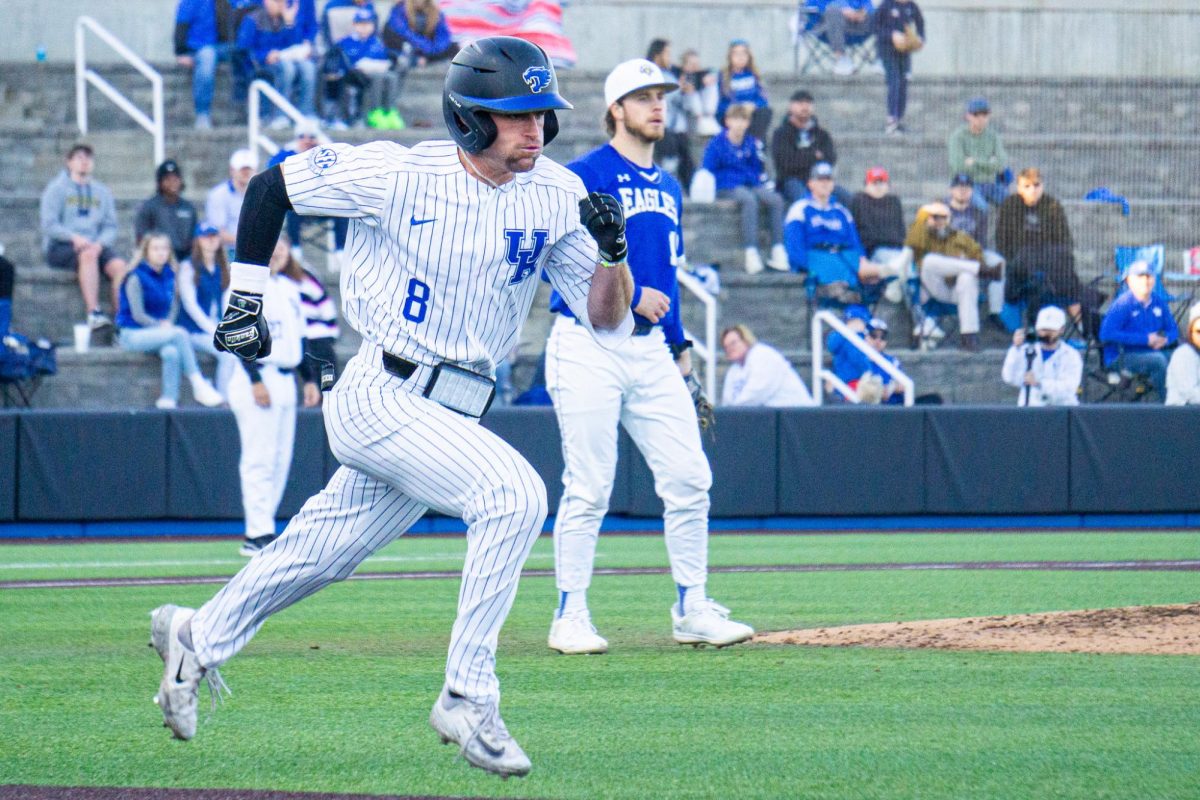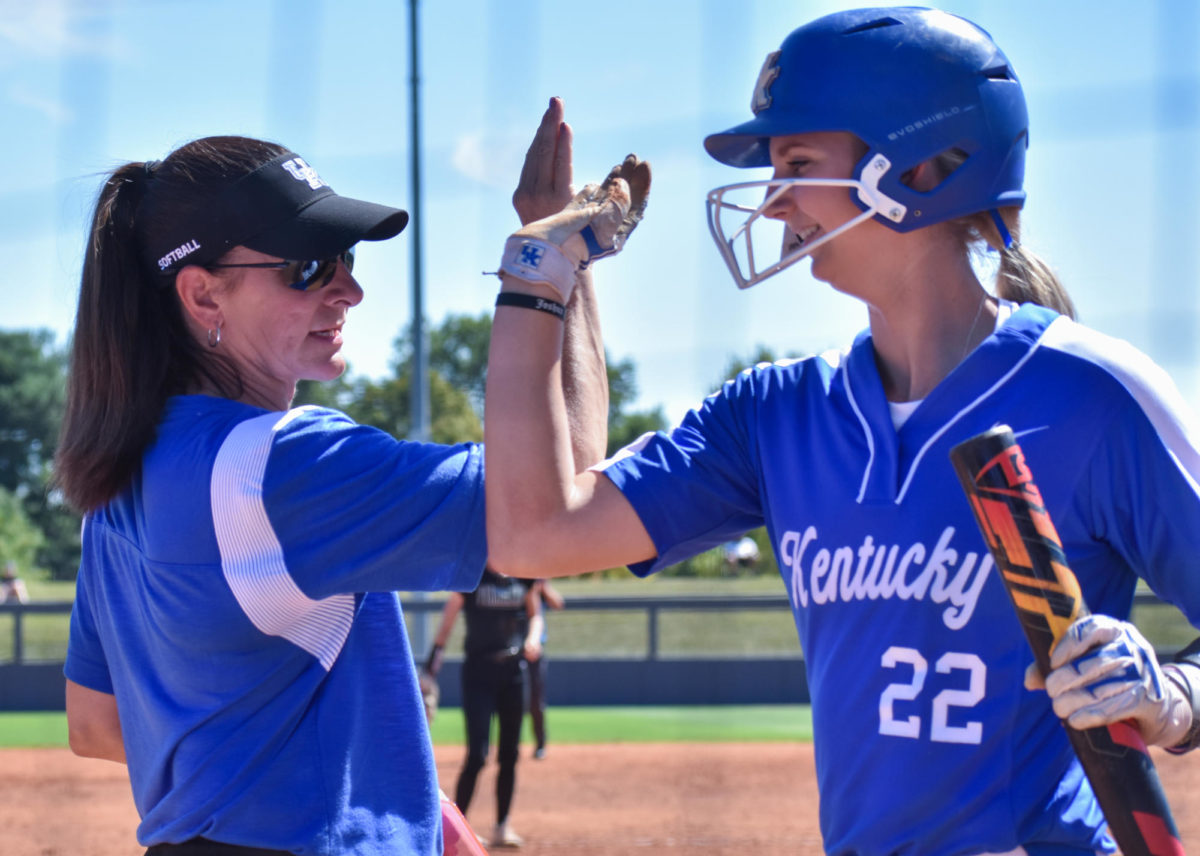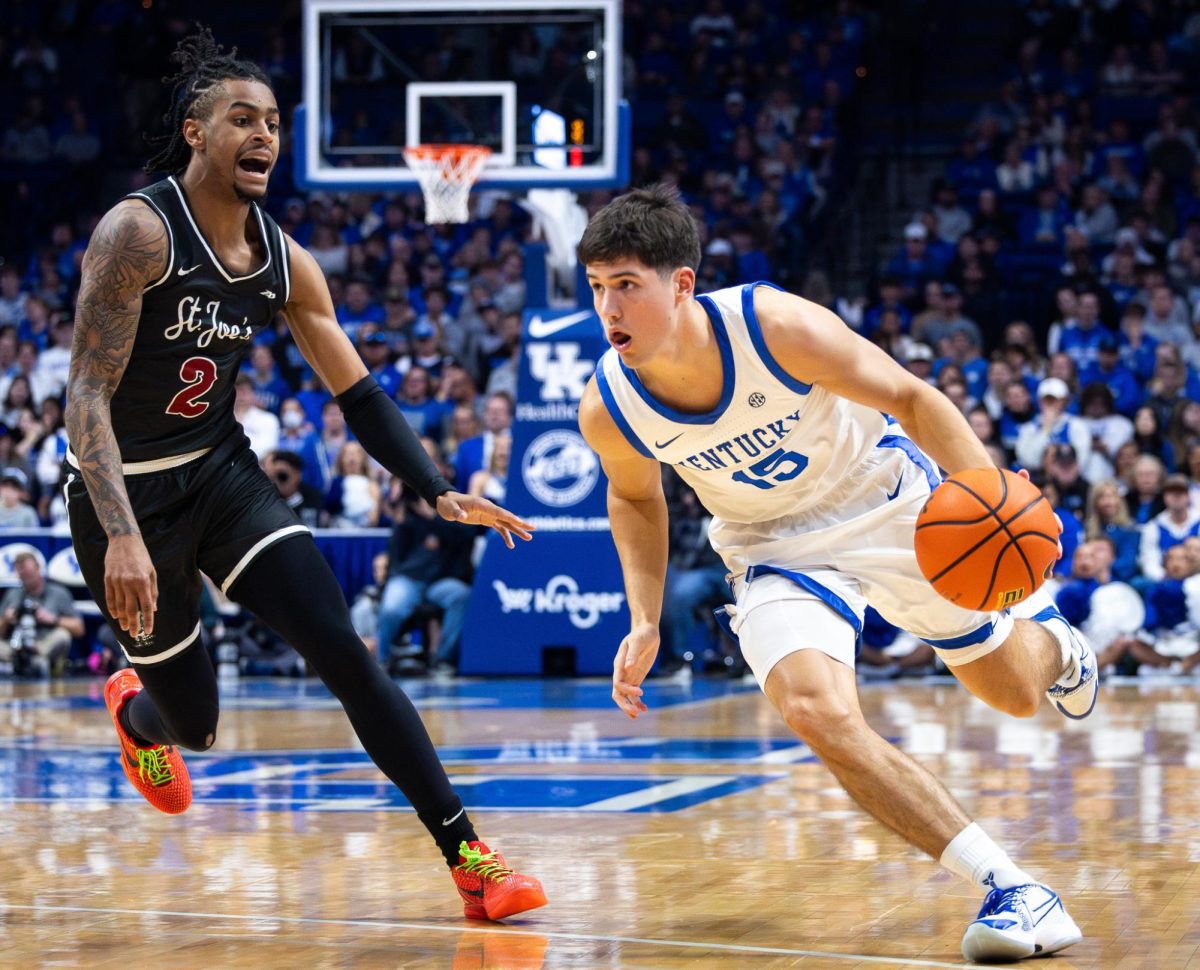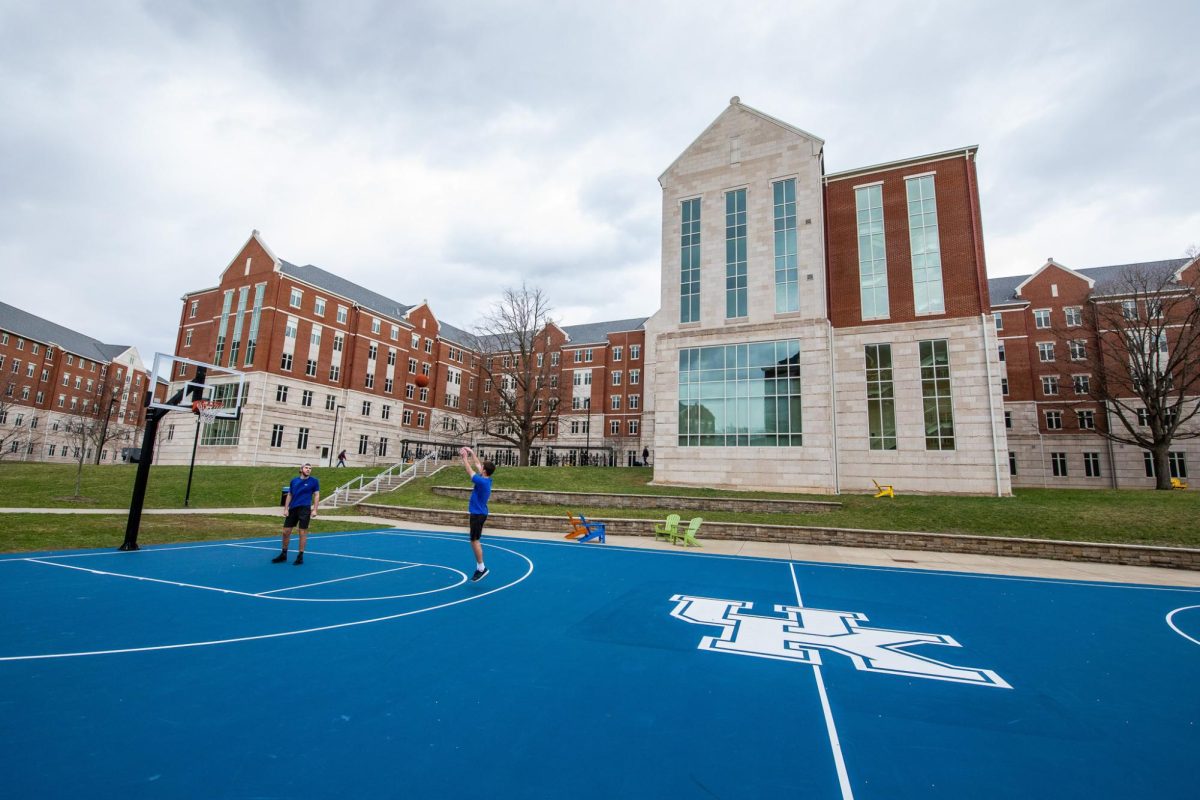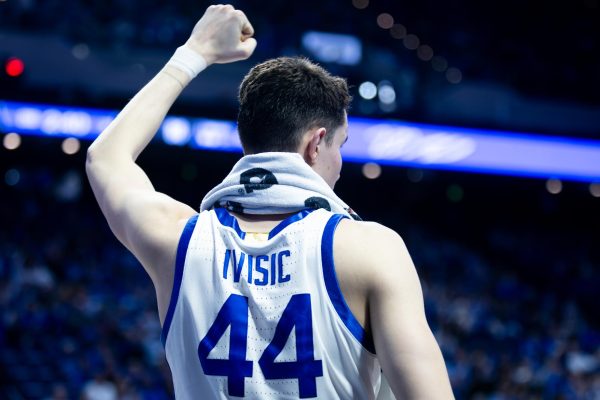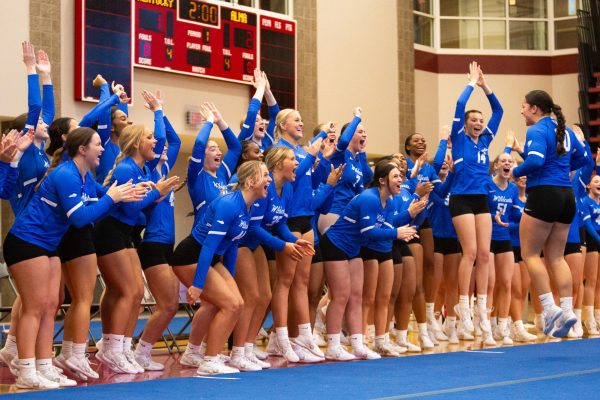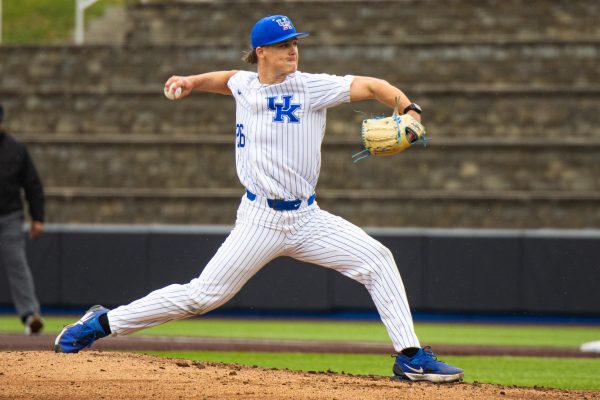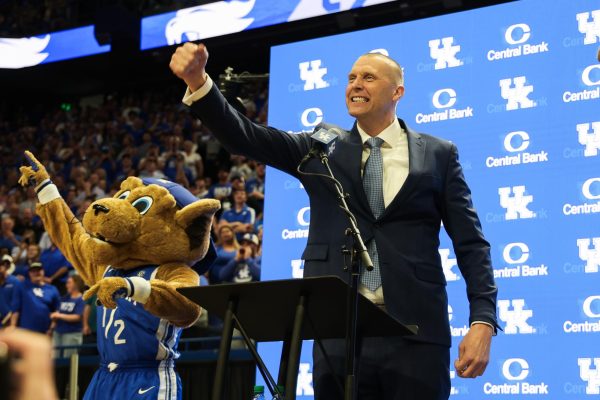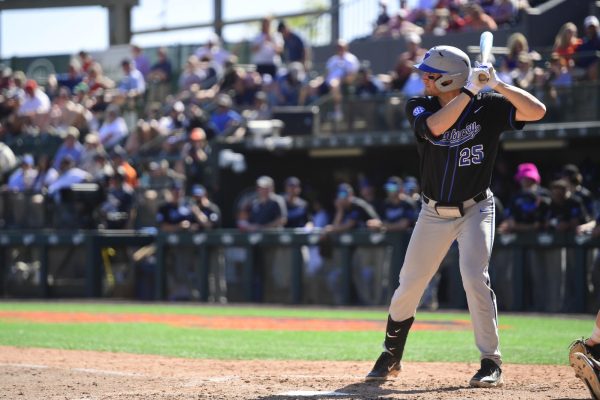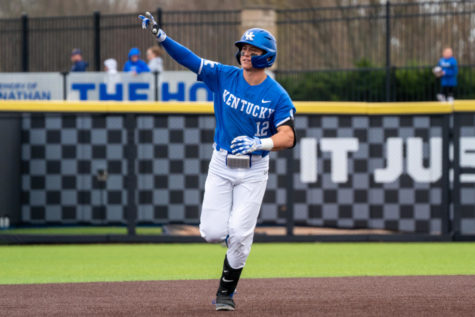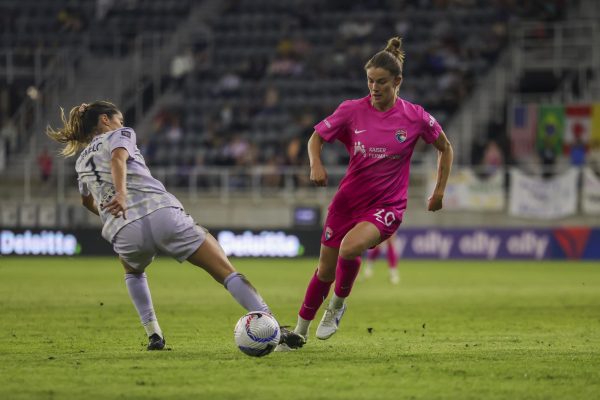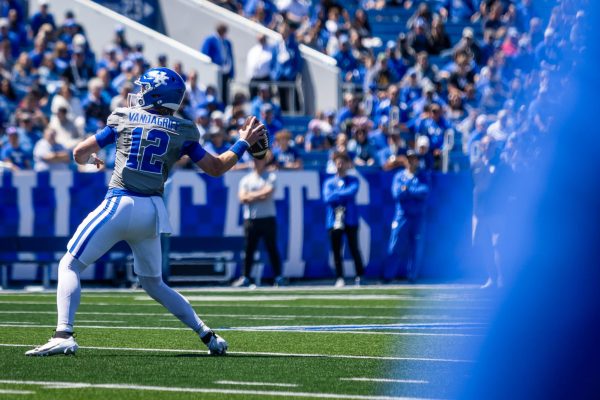A successful football program would help university
September 25, 2012
By Les Johns
Georgia Bulldog football makes so much money that the University of Georgia Athletic Association can’t spend it all.
The association has a surplus of $68 million, almost all of which was grown via the football program.
Georgia football generated $70.8 million in revenue in 2009. UK Athletics’ entire budget for all 22 programs was $67 million that year.
If UK Athletics, President Eli Capilouto and the Board of Trustees work together to fix UK football, the benefits would be far-reaching and campuswide.
“The amount of revenue that football can generate dwarfs even the greatest basketball programs,” said Mark Nagel, associate professor in the sport and entertainment management department at the University of South Carolina.
Athletics has already shown its willingness to help the university financially this year by fully funding the Singletary Scholars program by increasing its contribution to $3 million this year.
“We have been giving $1.7 million out of our budget the last eight years,” UK athletic director Mitch Barnhart told the Kernel in August. “So, in total for the 10 years we have been here, we have given about $16 million in cash to the university. We want to be a good friend of the university.”
A coordinated approach to upgrading Commonwealth Stadium could produce the much talked about luxury boxes, which would be a boon for the university, if properly utilized.
“Luxury suites are bought by corporate America. Six or seven times these people will be in your stadium to where you as a president or athletic director can walk in and socialize with them,” Oscar Combs, founder of the Cats’ Pause and Kentucky Journalism Hall of Fame member, told the Kernel last week.
Access to business and community leaders would be beneficial in raising funds for both athletic and academic projects.
Popular, winning athletic programs drive campus tours, university website traffic and corporate donations. Athletics can serve as a gateway to the university and propel enrollment.
A competitive football program could be a huge advertising vehicle for the university and would increase merchandising revenue, which is shared equally between athletics and the university.
Although it clearly could not plug all the holes created by state budget cuts, a thriving football program could replace some of that lost revenue with increased fan interest, student enrollment, merchandising revenue, creative fundraising and Athletic Association revenue sharing.
It will take a team approach to combat the “new normal” of UK football sub-mediocrity, but doing so will benefit not just college football fans, but the entire university.















